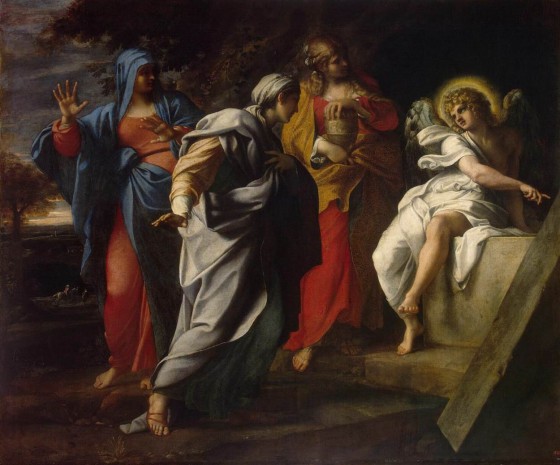Science: Score one for the Bible

THE WALLS OF JERICHO So the people shouted when the priests blew the trumpets. And it happened when the people heard the trumpet sound, and the people shouted with a great shout that the wall fell flat. Then the people went into the city, every man straight before him, and they took the city. Joshua 6:20 It is one of the most dramatic events chronicled in the Old Testament, but for generations, scholars have debated whether the Israelites’ assault on Jericho was fact or myth. Over the past three decades, the consensus has gone against the biblical version. The late British archaeologist Kathleen Kenyon established in the 1950s that while the ancient city was indeed destroyed, it happened around 1550 B.C., some 150 years before Joshua could have shown up. However, archaeologist Bryant Wood, who wrote in the March/April issue of Biblical Archaeology Review, claims that Kenyon was wrong. Based on a re-evaluation of her research, published in detail only recently, Wood says that the c...




